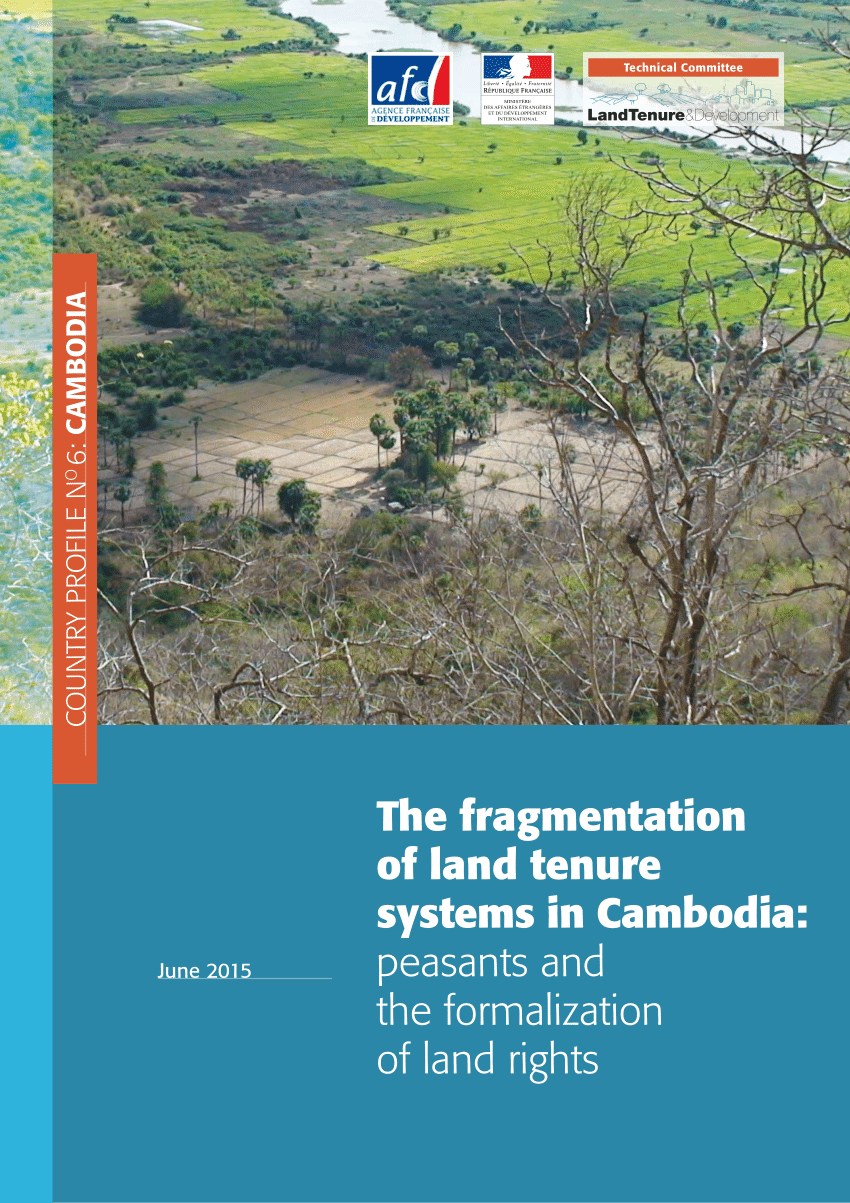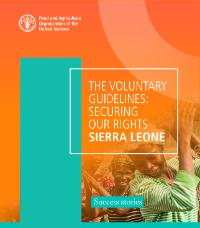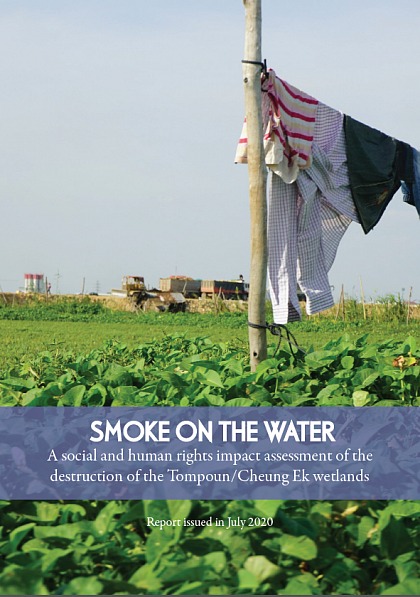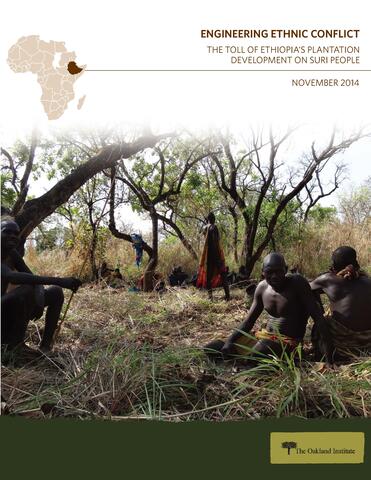The fragmentation of land tenure systems in Cambodia: peasants and the formalization of land rights
In Cambodia, land and natural resources occupy a central place in the production systems of peasants who represent about 80 percent of the country’s population. The development and governance of socio-ecological systems trigger considerable economic, social and environmental issues that need to be addressed urgently given the profound nature of the transformations at play in these systems across Cambodia.










